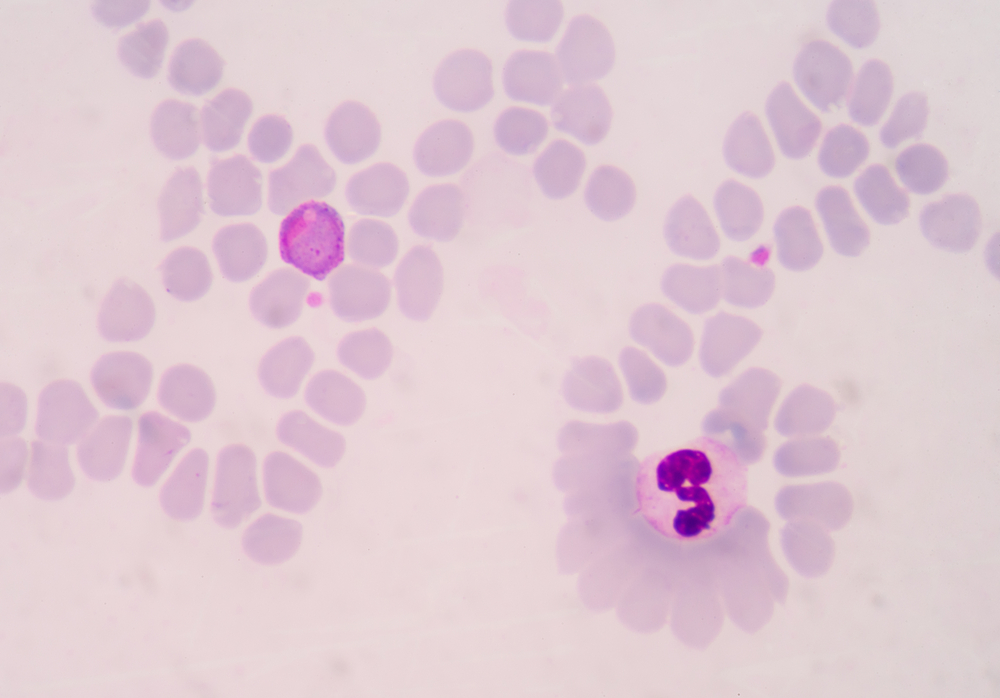
Houston Methodist researchers have discovered a set of immune proteins that facilitate long-lasting immunity against malaria. In a study recently published in Immunity (online Oct. 25), researchers reported that elevated production of specific proteins regulating the immune system within 24 hours of infection was required for a resilient and sustained anti-malaria immunity in mice.
“Nearly half a million people die from malaria every year,” said Rongfu Wang, Ph.D., director of the Center for Inflammation & Epigenetics at Houston Methodist Research Institute. “This is in part due to the lack of an effective malaria vaccine and a limited understanding of the body’s immune response during infection. We have identified the immune system pathways activated during infection and potential targets for a malaria vaccine.”
Using mouse models, the research team led by Wang carefully dissected pathways in the immune system to identify sensors in the genes that recognize malaria DNA and RNA and activate interferon type I signaling following malaria infection. The increased production of interferon type I proteins within 24 hours of infection were essential for initial and long-term malaria immunity.
Current antimalarial drugs vary by country and are not 100 percent protective, according to the World Health Organization (WHO). The Centers for Disease Control reports that the malaria causing parasite, Plasmodium falciparum, has developed resistance to nearly all of the available antimalarial drugs, including chloroquine.
Wang hopes that his team’s findings will help researchers understand how lethal malaria blocks type I interferon signaling and how regulating such signaling will aid in the development of effective anti-malaria vaccines for long-lasting malaria protection.




